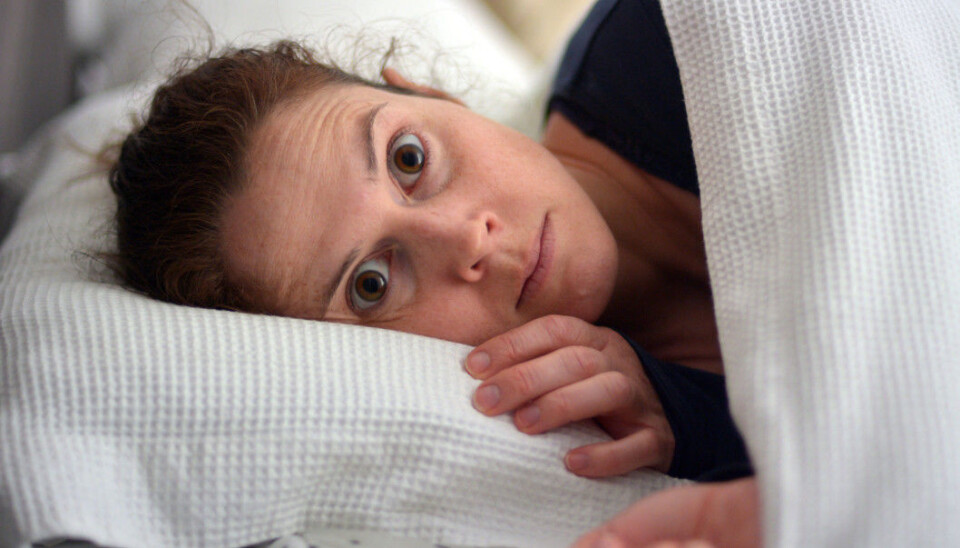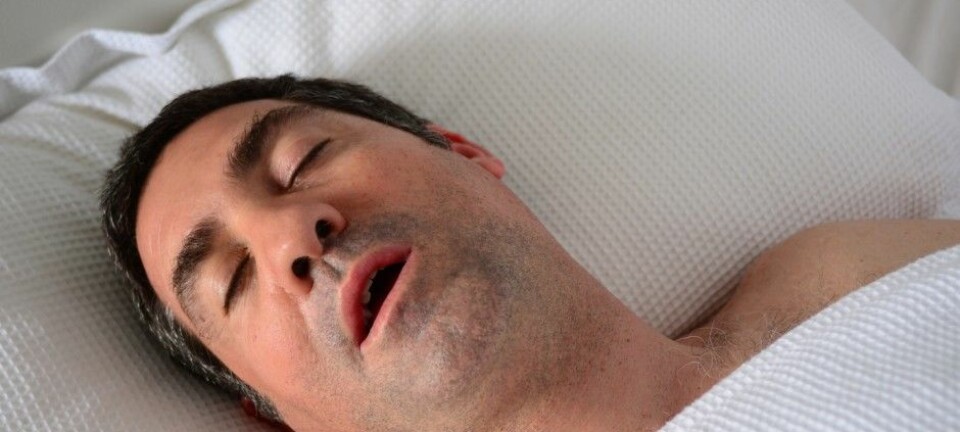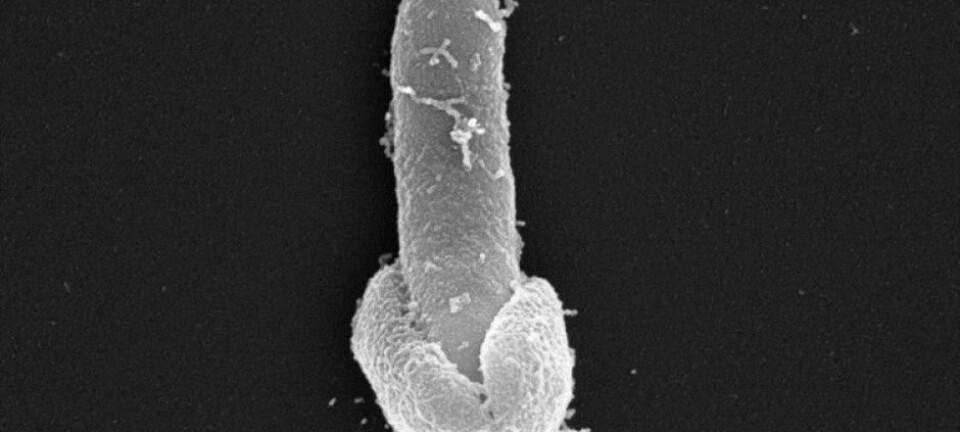
Just one sleepless night can tell your body to start storing fat
Sleep is one of those physiological necessities that continues to puzzle researchers. But a new study illuminates how missing one single night of sleep can initiate a series of physiological changes, and not necessarily for the better.
If you have ever pulled an all-nighter you know how awful you feel afterwards.
A new study that included researchers from the University of Uppsala shows that there is good reason for this. Just one sleepless night triggers a number of changes in the body.
Their findings agree with a series of studies over the past few years revealing that sleep does not only save energy, but is incredibly important for how the body works in general.
- Read more: How poor sleep affects your body
Less muscle, more fat
Fifteen healthy young men participated in the study, with researchers comparing their bodies after a normal night’s sleep (eight hours), and after a completely sleepless night. The study took place in a sleep lab.
The morning after, both a completely sleepless night and a full night of sleep, the researchers took subcutaneous fat and musculoskeletal tissue samples from all participants. They also took blood tests to measure markers related to the body’s metabolism.
Just that one night with no sleep showed clear negative results. The tests showed muscle breakdown, fat storage, and increased levels of cortisol - a stress hormone.
Not surprised
Previous research has conclusively shown that people who get too little sleep and work erratic schedules are at an increased risk of obesity and type 2 diabetes.
Insomnia can also increase your risk of heart attack and stroke. The cause behind these correlations has previously been unknown.
“This study helps us understand the mechanisms of how this is all related to changes in the circadian rhythm, such as when a person works alternating day and night shifts,” says Morten Engstrøm, a sleep researcher at the Department of Neuromedicine and Movement Science at the Norwegian University of Science and Technology, and a consultant physician at St. Olavs hospital. He was not involved in the new study.
Engstrøm was not surprised that researchers were able to show how sleep deprivation triggers changes in the body.
“If you think about how terrible you feel after an all-nighter, it’s not particularly surprising that there is some mechanism behind that feeling. But I am surprised that these researchers were so clearly able to show what actually happens,” he says.
- Read more: Is it bad to sleep in on the weekends?
The pieces of the puzzle fall into place
Engstrøm thinks the study adds a lot of pieces to the puzzle, but that the results don’t explain every correlation that researchers have seen.
“We know from studies of people who live in a lightless environment and who don’t use alarm clocks that they don’t sleep significantly more than those of us living in modern society,” he said. “Nonetheless, they are slimmer and have lower rates of diabetes. In other words, there are no simple explanations. Stress, diet, and physical exercise, all play a role as well.”
Engstrøm is uncertain that the results from this latest study can be applied to the general public. A chronic lack of sleep may not have the same effect as the acute lack of sleep measured in this study, he says.
————————
Read the Norwegian version of this article at forskning.no








